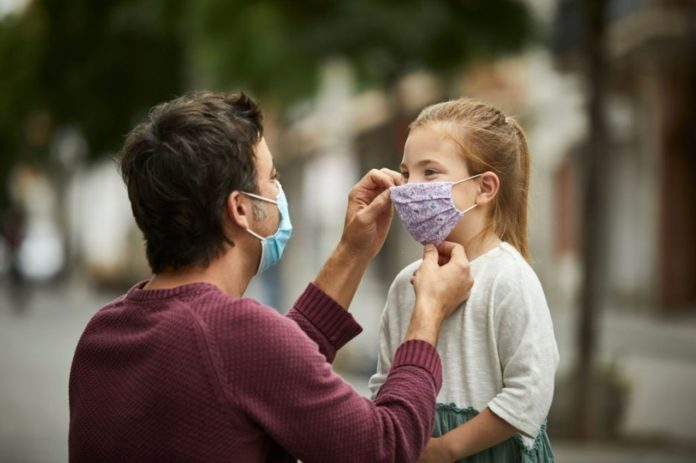You have completed your vaccination against Covid-19 and you feel safe – There are some factors, however, that may put you at risk of getting sick – What are they?
Two weeks after the second dose of the Covid-19 vaccine, according to scientific studies, provide maximum protection against coronavirus. However, if after 14 days you catch Covid-19 then it is the so-called “breakthrough COVID” which is similar to the infection of unvaccinated people but has some essential differences.
The five predominant symptoms of breakthrough infection are: headache, runny nose, sneezing, sore throat and anemia. Of course, these symptoms are also reported by those who got Covid-19 without being vaccinated, but the most common are headache, sore throat and runny nose.
However, the two main symptoms of the unvaccinated are fever and persistent cough. These classic symptoms of Covid-19 are less common in those who have been fully vaccinated.
A study has shown that people with an “infection despite vaccination” are 58 percent less likely to have a fever than those who are not vaccinated. While vaccinated usually the infection is perceived as a cold.
Vaccinated people are less likely to be hospitalized if they get Covid-19 and generally have fewer symptoms in the early stages of the infection and are less likely to suffer from the so-called “long-covid”.
So what increases the risk of a fully vaccinated person developing Covid-19?
First, the type of vaccine and its effectiveness in preventing Covid-19 play an important role. Clinical studies have shown that the Moderna vaccine reduces the individual risk of developing the symptomatic disease by 94 percent, Pfizer / BioNTech by 95 percent and Johnson & Johnson and AstraZeneca by 66 percent and 70 percent respectively.
Second, the interval that has elapsed since the completion of the vaccination. More and more evidence shows that the further away one is from the vaccination completion period, the less protection the vaccines offer.
Based on the results of clinical trials, the number of days between doses varies depending on the vaccine:
- Pfizer/BioNTech: 21 days
- Moderna: 28 days
- Oxford/AstraZeneca: 28 to 84 days
Third, coronavirus mutations play a key role. Approved vaccines were developed during the period dominated by the original Wuhan strain.
The study published in Morbidity and Mortality Weekly Report demonstrates a significant difference in the efficacy of two mRNA vaccines (Moderna and Pfizer). During the study’s timespan:
- Moderna was 95 percent effective at preventing hospitalizations among adults ages 18 and older.
- Pfizer was 80 percent effective at preventing hospitalizations among adults ages 18 and older.
- Johnson & Johnson was 60 percent effective at preventing hospitalizations among adults ages 18 and older.
Fourth, the immune system plays a key role in protecting against the coronavirus. The function of the immune system declines with age, while co-existing underlying diseases have been found to affect the effectiveness of vaccines.
The elderly have a lower rate of protection from vaccines or the protection may work for a shorter period of time.
Image Credit: Getty
